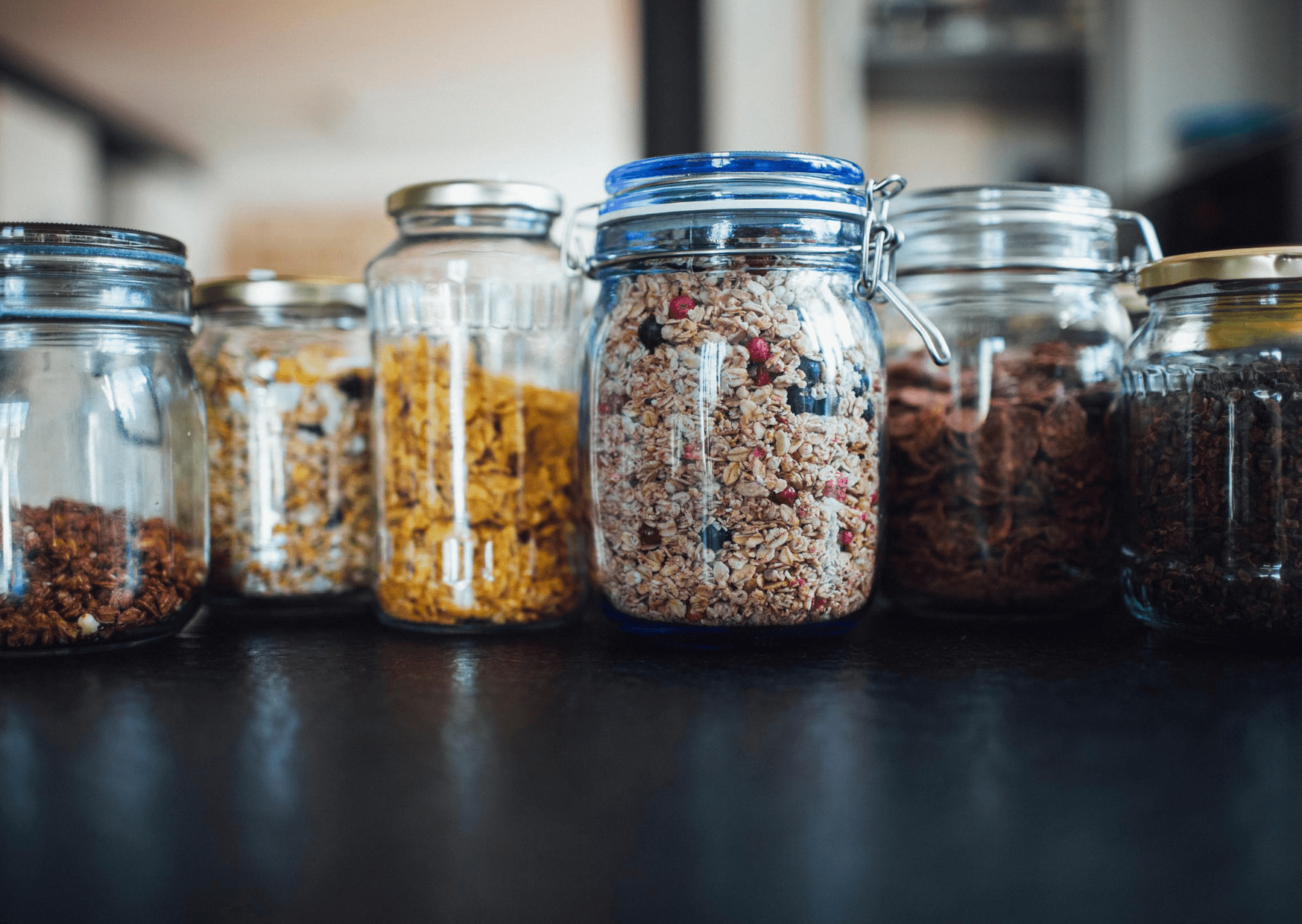
5 Tips for Zero-Waste Living
'Zero Waste' is often a term used in conjunction with sustainability, and is associated with all manner of aesthetic (and grammable) lifestyles. But what does it really mean?
The easy answer

Put simply, zero waste means not sending any waste to landfill. It’s a way of making and using items productively, in order to maximise their lifespan and reduce the impact they have on the planet.
Landfill is becoming a massive problem, especially as our consumption of single-use plastics and other pollutants is only increasing. Not only is land used for waste permanently lost for agriculture, the sites themselves can often release hazardous chemicals into the environment (including the greenhouse gas methane), contaminate soil and water supplies, and damage the health of people living nearby.

The principles of zero waste are a rejection of the current linear economy – the process by which products are made from raw materials, used, and then thrown away. Zero waste is all about moving to a circular economy where products are designed to get resumed back into the system at the end of their usable lives.
The current linear economy encourages a level of overconsumption that the Earth can’t sustain. It’s estimated that we need the equivalent of 1.6 Earths every year to provide the resources we use and absorb our waste (Global Footprint Network).
By contrast, the goal of a zero-waste model within a circular economy is to mimic the cycles found in nature; where waste is merely a by-product, and where resources form part of a continual loop within different systems.
Does recycling count as zero-waste?
Zero-waste isn’t just about minimising our use of single-use plastics or lowering the amount we throw away. It’s about transitioning to a completely new relationship with the products we use. Recycling is a much better alternative to landfill, although it still rests within the linear model, and there’s a limit to the number of times most materials can be broken down and reconstructed into something new.
I don’t like ‘zero’ – it sounds impossible!
Can anyone ever actually be completely zero waste? While the ‘zero’ in zero waste might not be the most realistic goal for many of us, the important thing is the principles behind the philosophy, rather than a form of perfectionism associated with the term itself.
In many ways, living a zero waste life is about using our consumption habits to live within values based on economy and sustainability. Here are some simple ways you can start:
-
Mindset adjustments: Have a think about what you really need, and whether you can reduce the amount of ‘stuff’ you buy. Next time you’re at the checkout, have a think to yourself about just how useful/necessary the product is, and what its expected lifespan is. How can you get the most out of what you buy?
-
Maintain and repair what you already own, rather than buying new: Anything you can do to extend the usable life of your possessions will help to decrease their environmental impact.
-
Upcycle: get creative with unwanted items. Can you make them into something new?
-
Choose non-disposable options: Have you been putting off getting that re-usable coffee cup or water bottle? Now is the time to invest! These items are amongst the worst offenders when it comes to plastic pollution. Read our blog post on how to reduce your single-use plastic consumption.
-
Buy second-hand: This is another excellent way to extend the lifespan of items that might otherwise go to waste. And it will save you money! Read our blog post for a load of tips on how to shop for second-hand clothing.
And remember, it’s not about being perfect!
A quick note from us
Y.O.U Underwear is on a mission to have as positive an impact as possible, across all areas of the business. That’s why we’ve adopted a number of measures to reduce our waste as much as possible, such as:
-
Switching to biodegradable mailing bags - and using the ones which are returned to make beautiful recycled plastic earrings which you can shop here.
-
Packaging our underwear in re-usable organic cotton bags. They’re really handy and can be used to store anything from makeup to cables!
We’ve also signed up to the 2020 Circular Fashion Pledge, and as part of this we're currently working hard to develop a take-back scheme for our underwear. The re-sale potential of used underwear is limited, so we’re exploring fibre-to-fibre recycling processes that will hopefully allow us to turn your old Y.O.U undies into new fabrics. Read our blog post to find out more about our circular fashion commitment. In the meantime, watch this space!

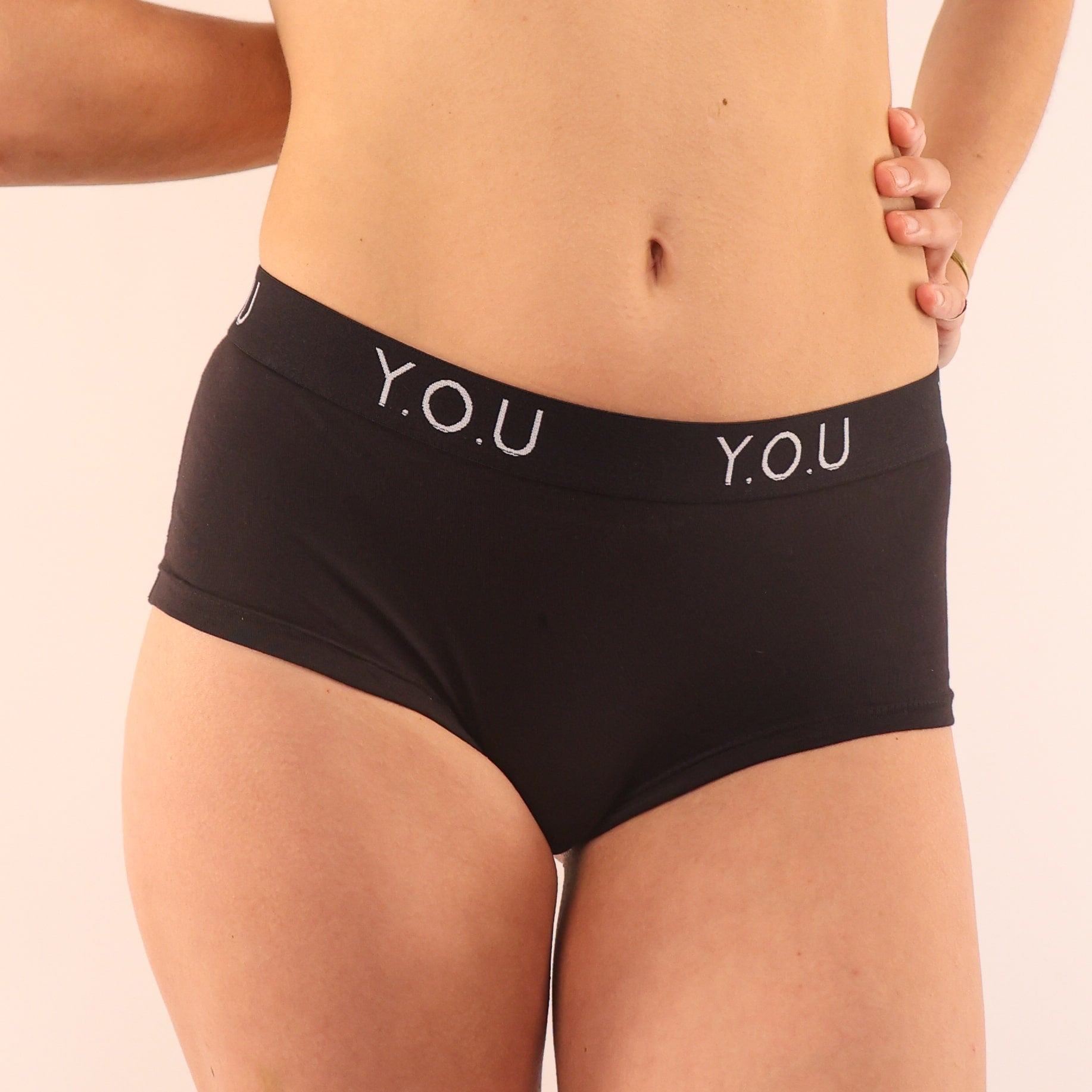
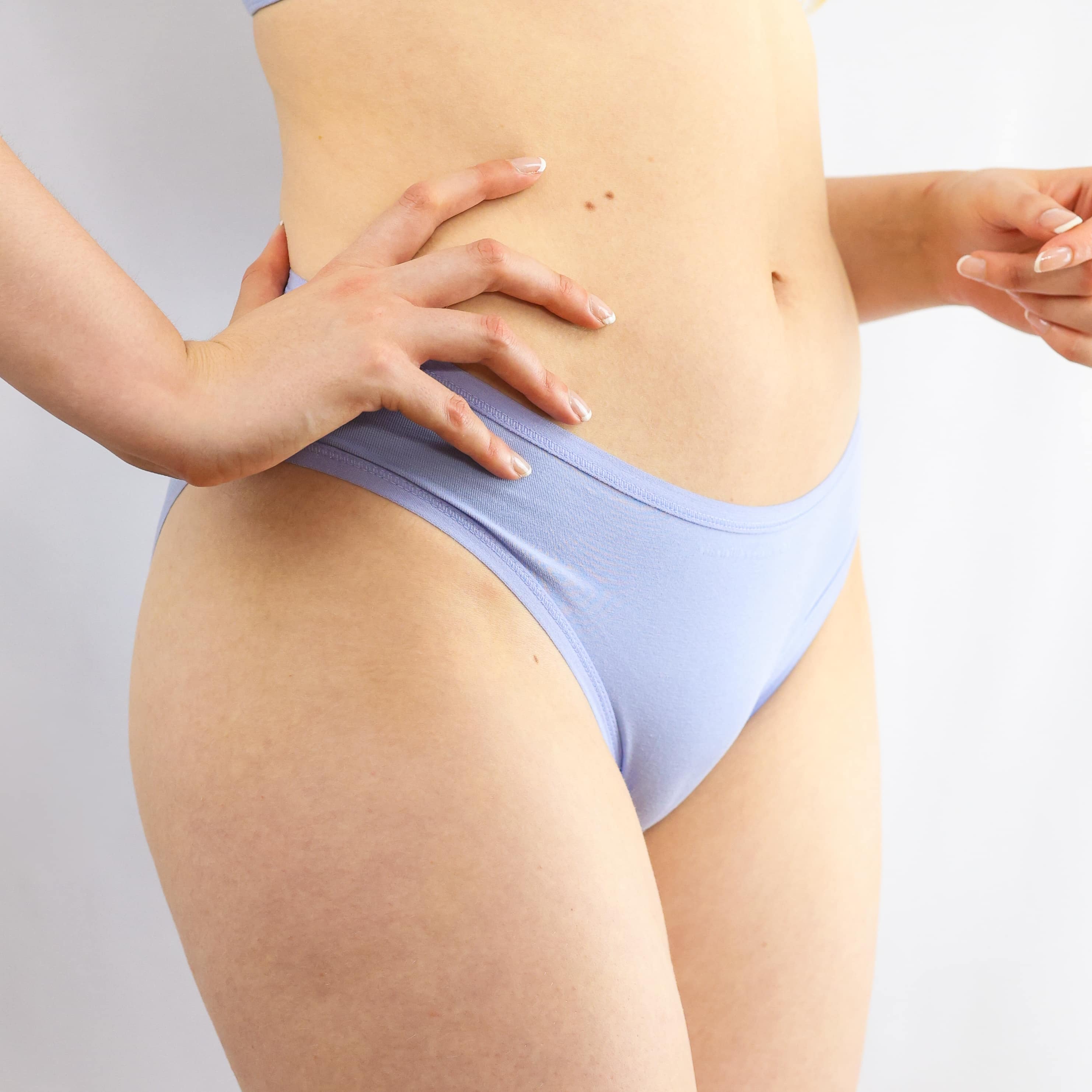
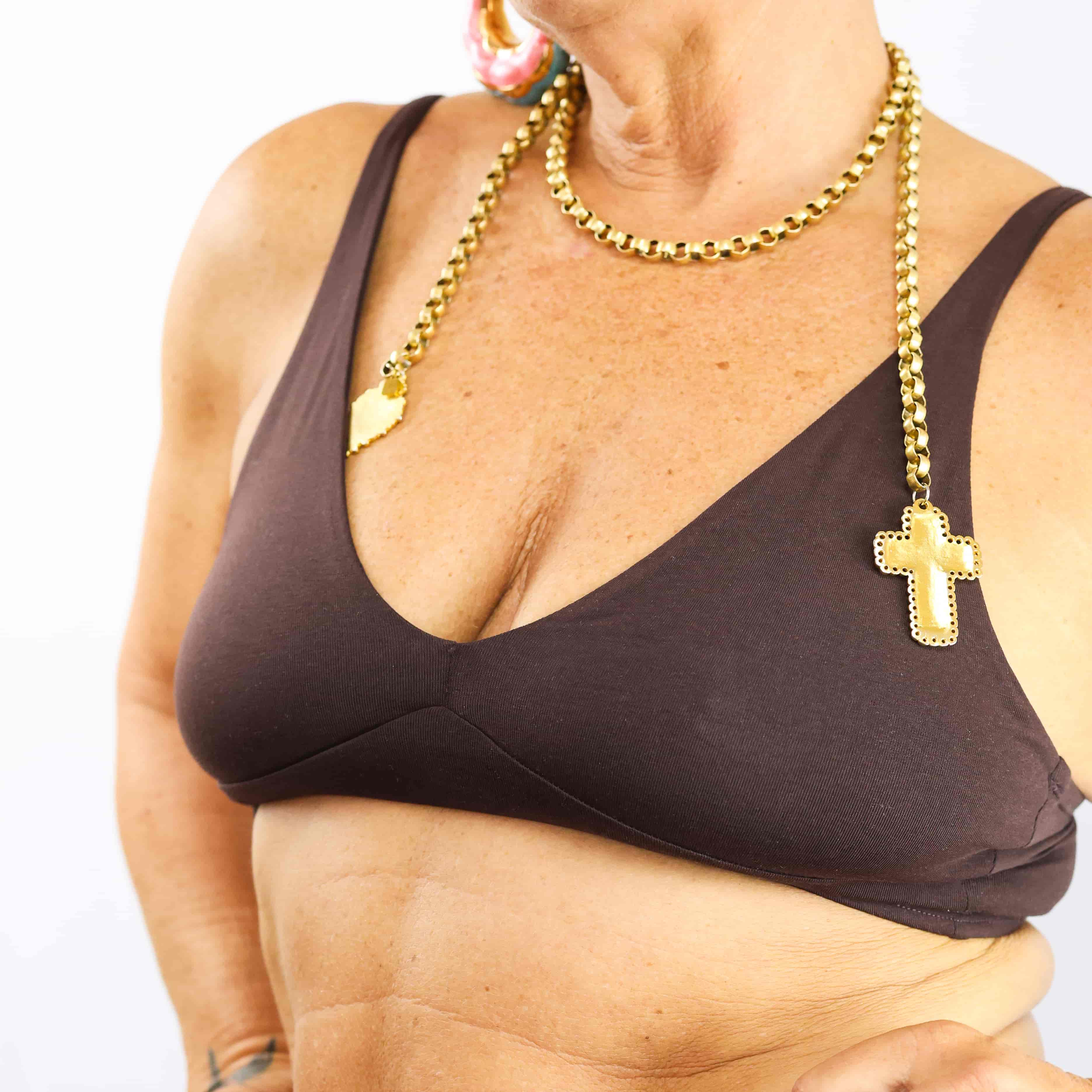
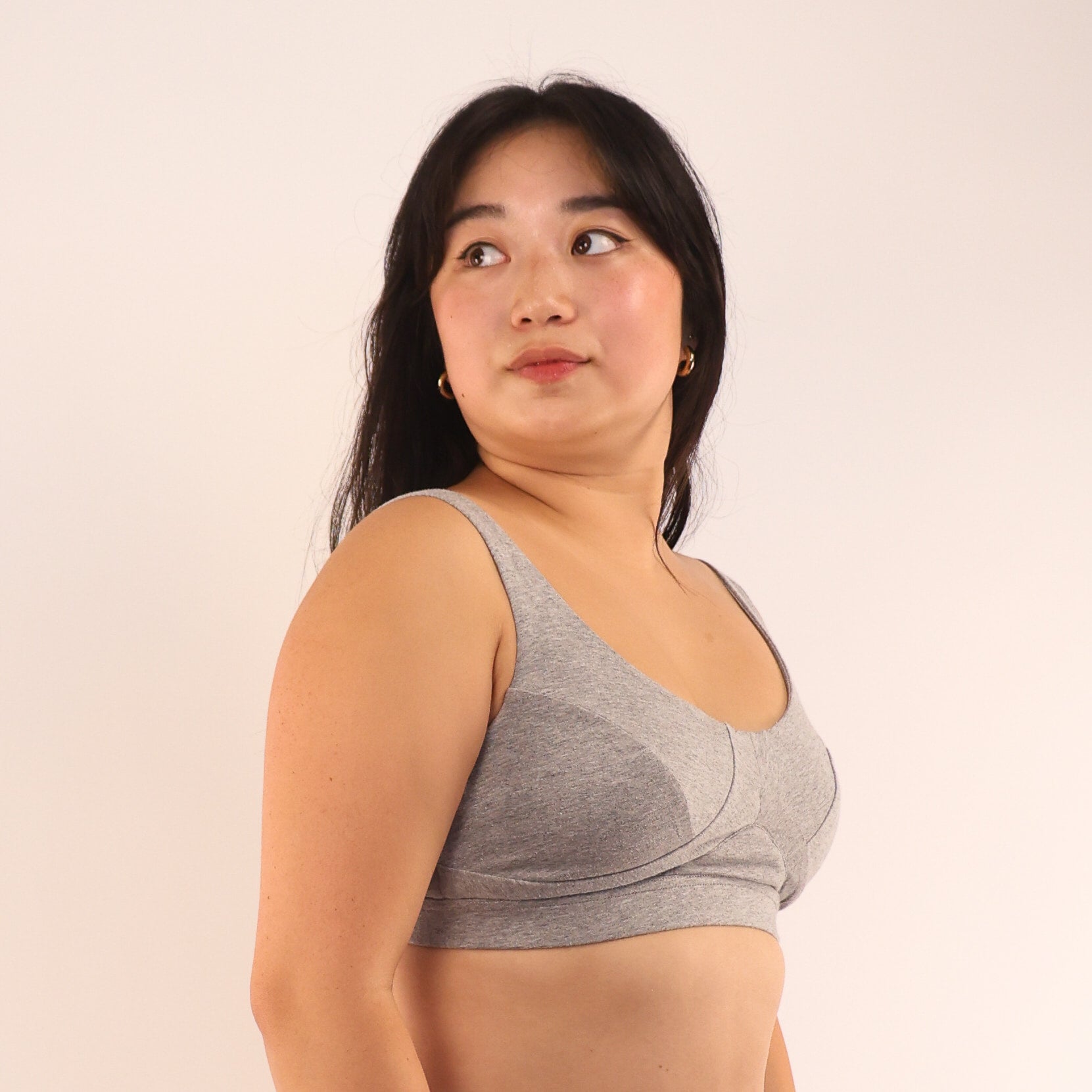
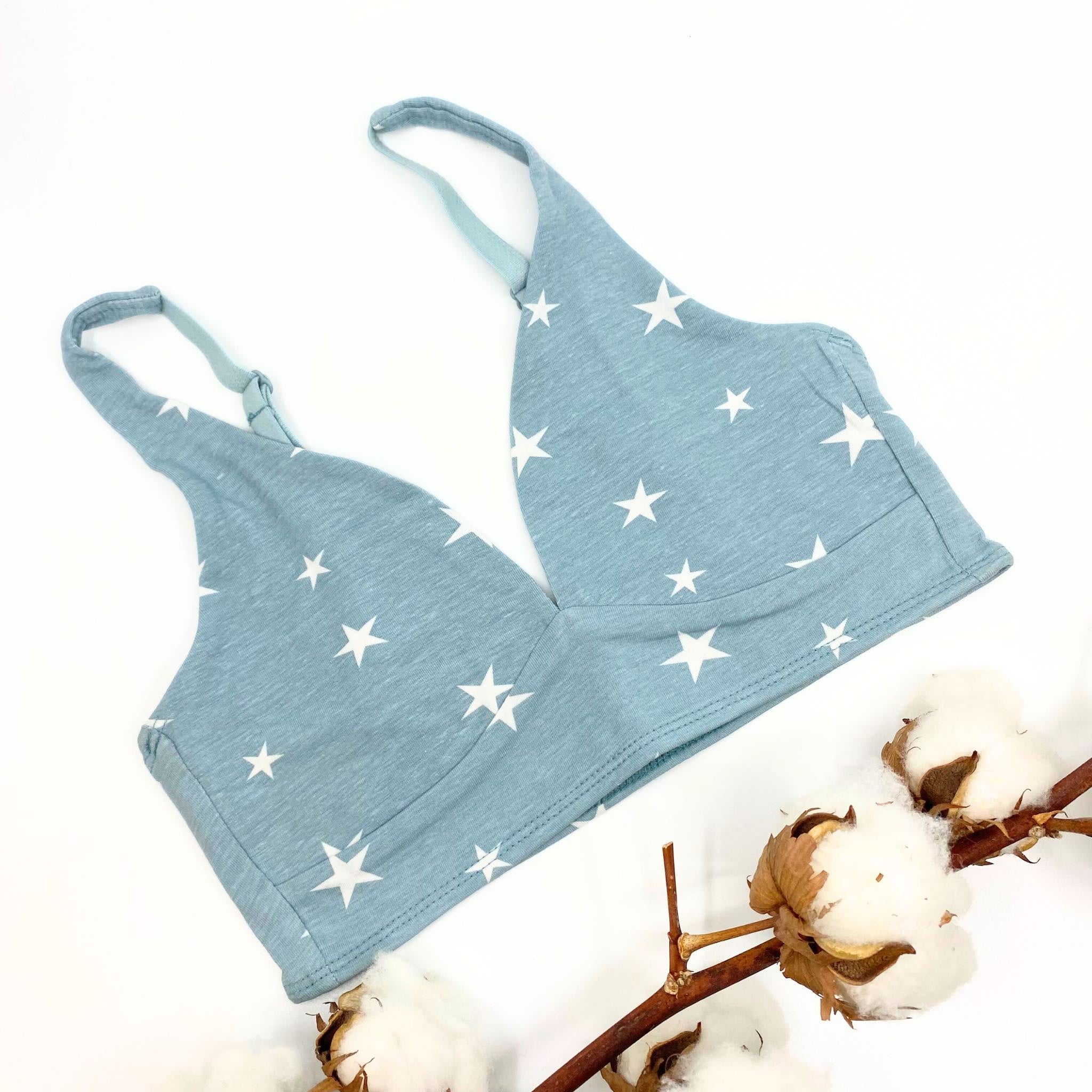
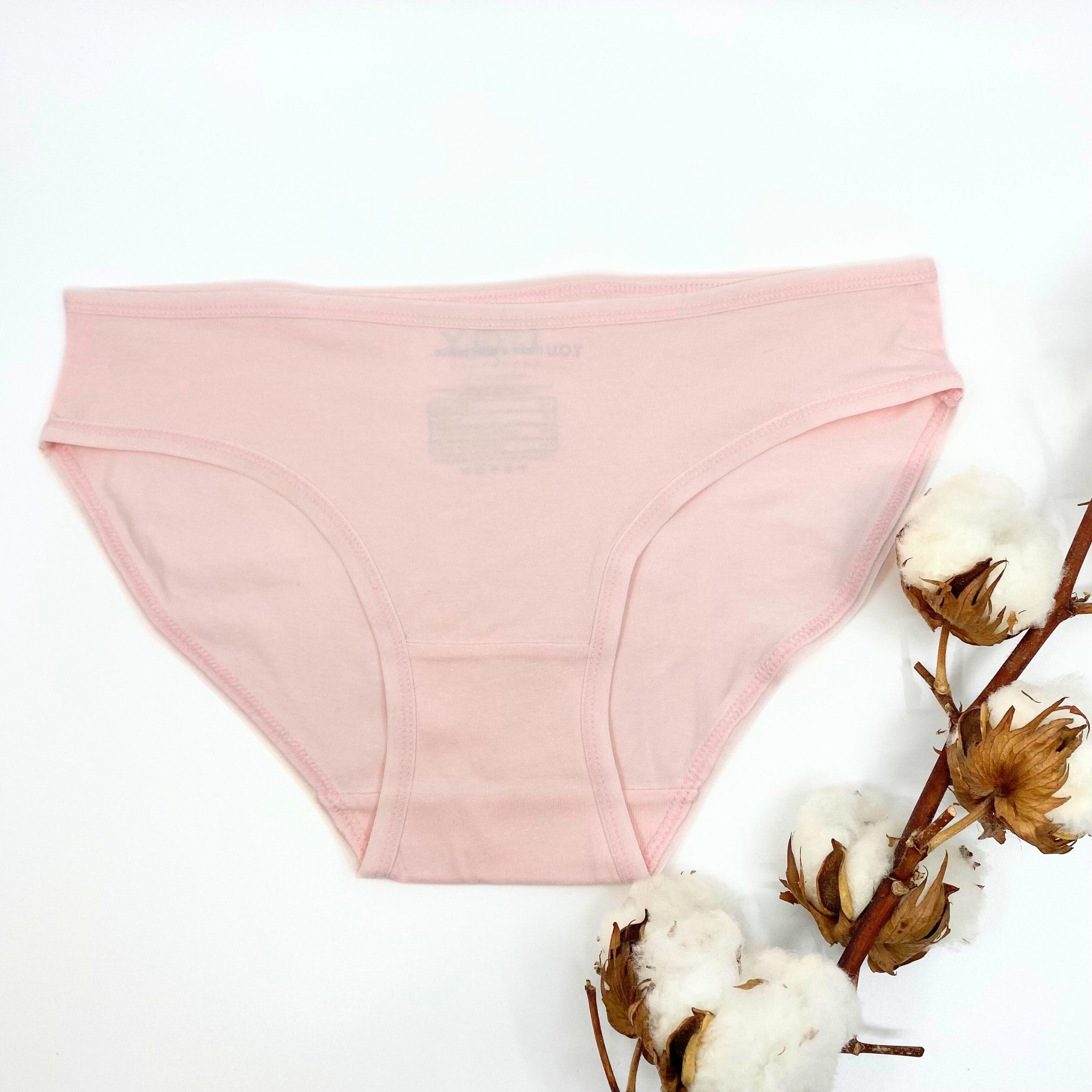
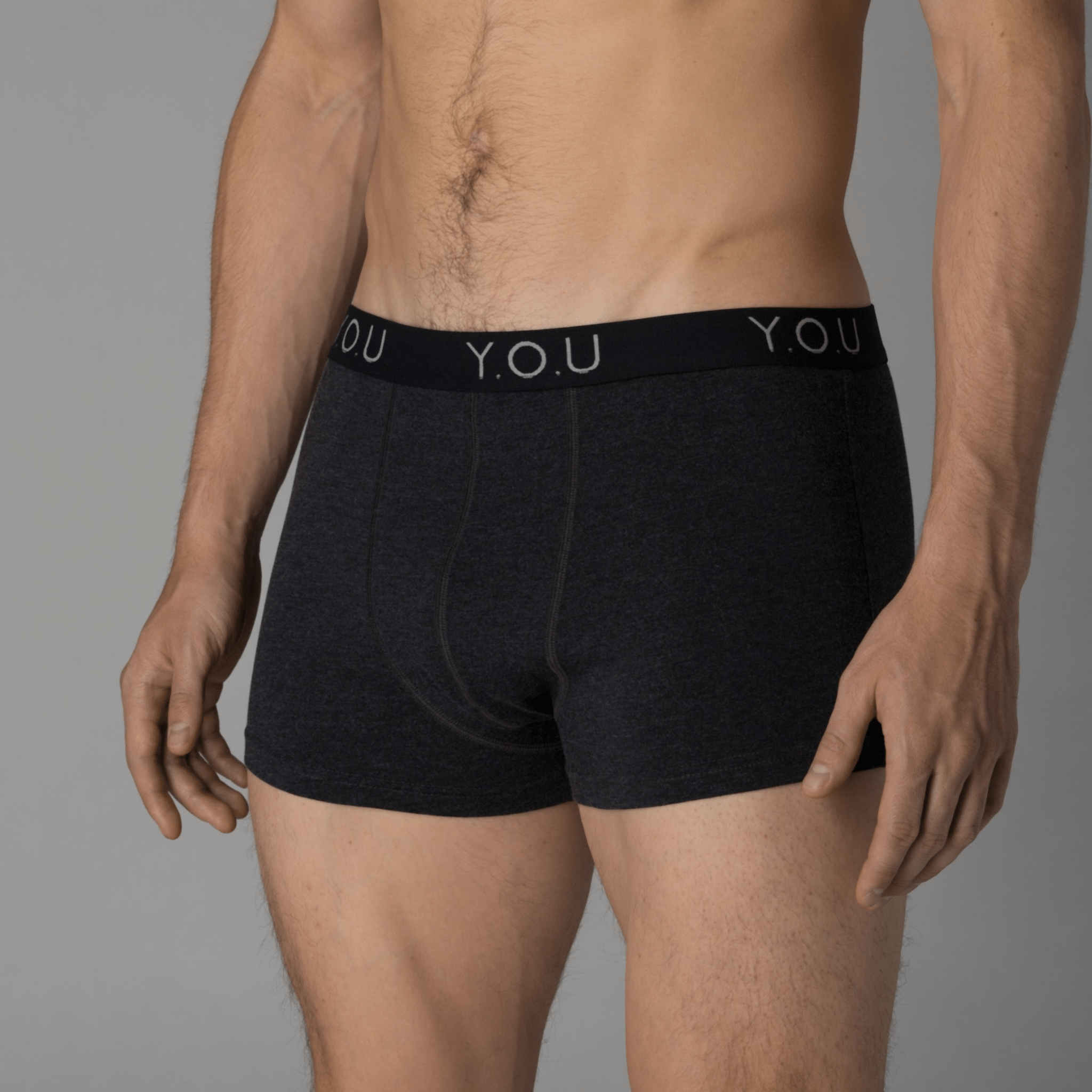
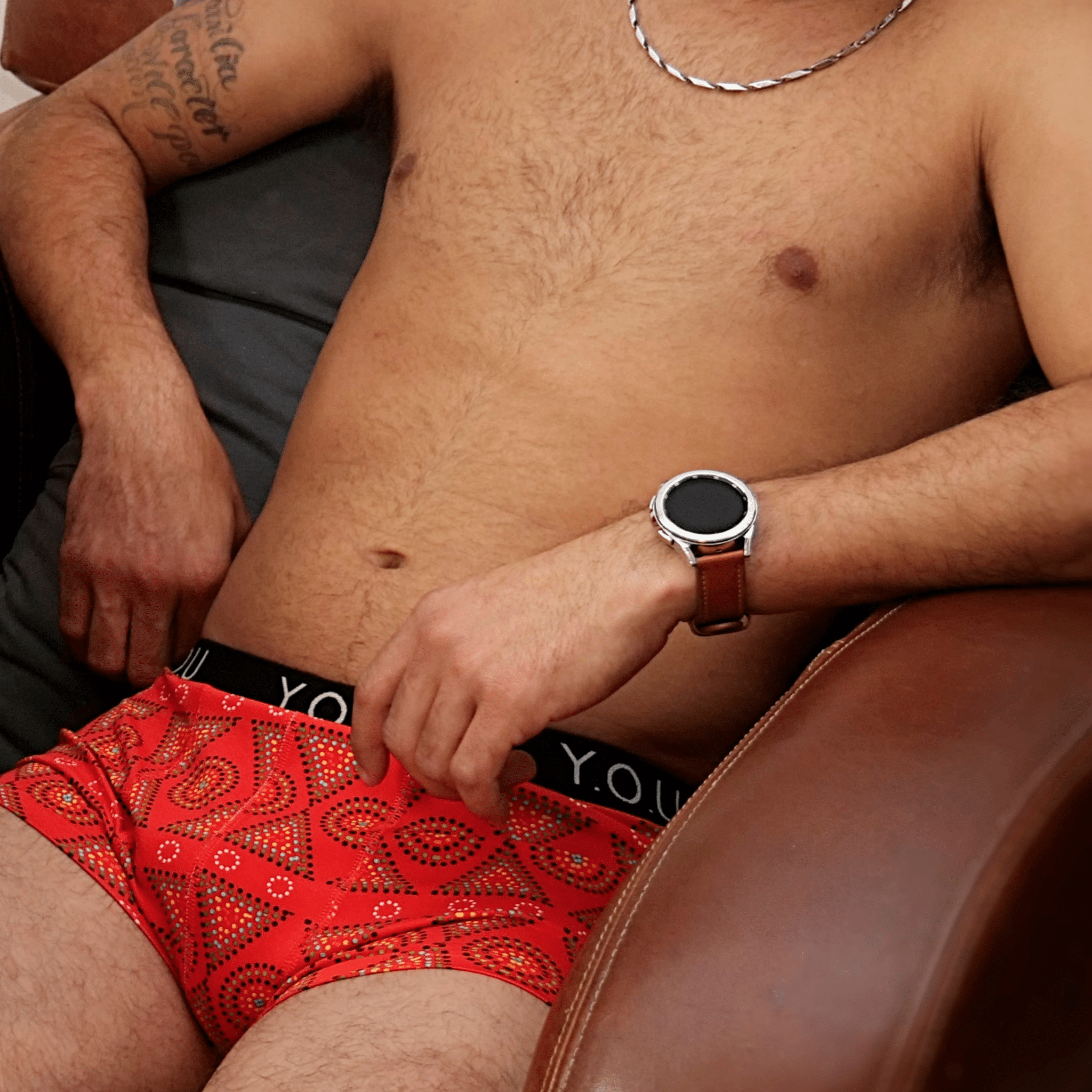
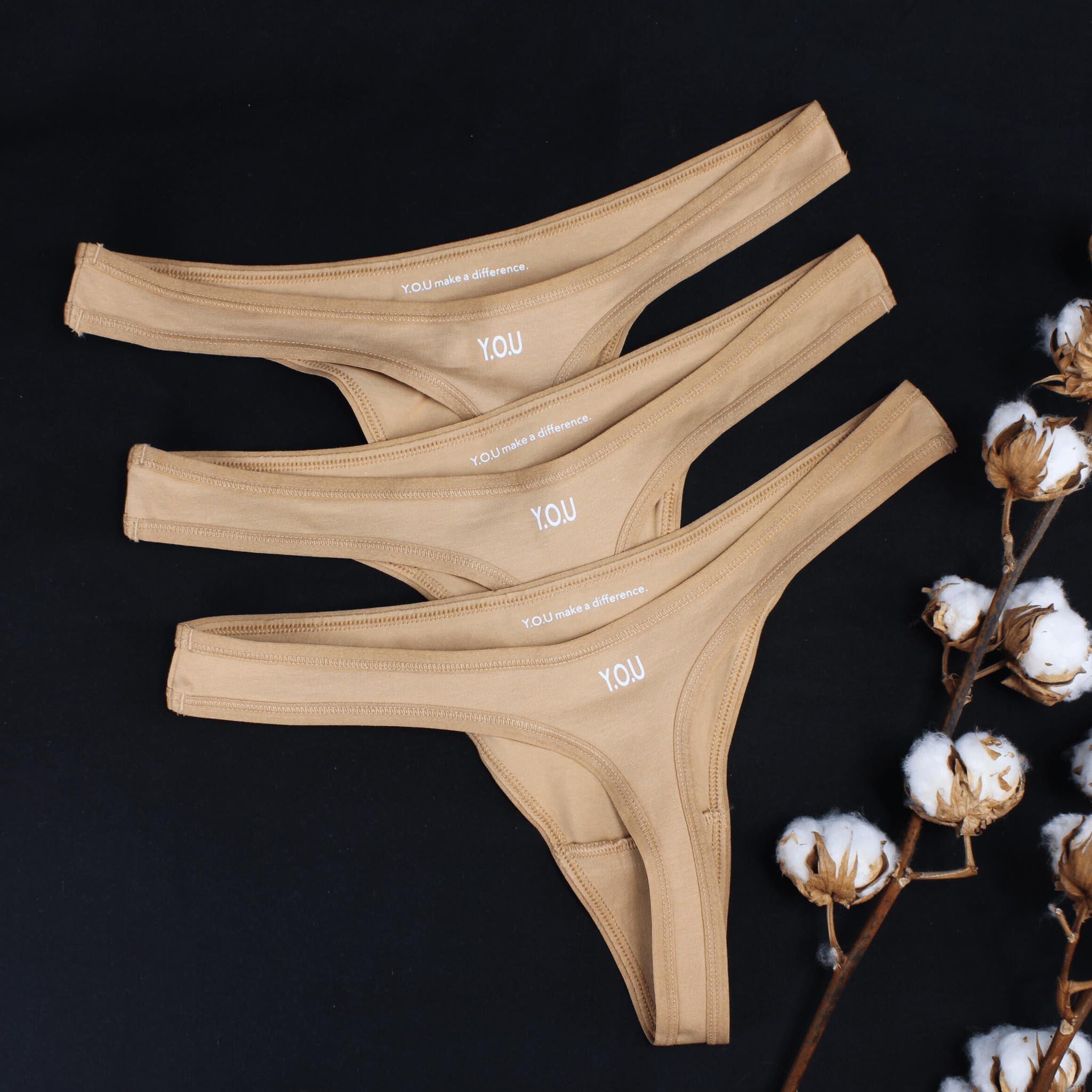
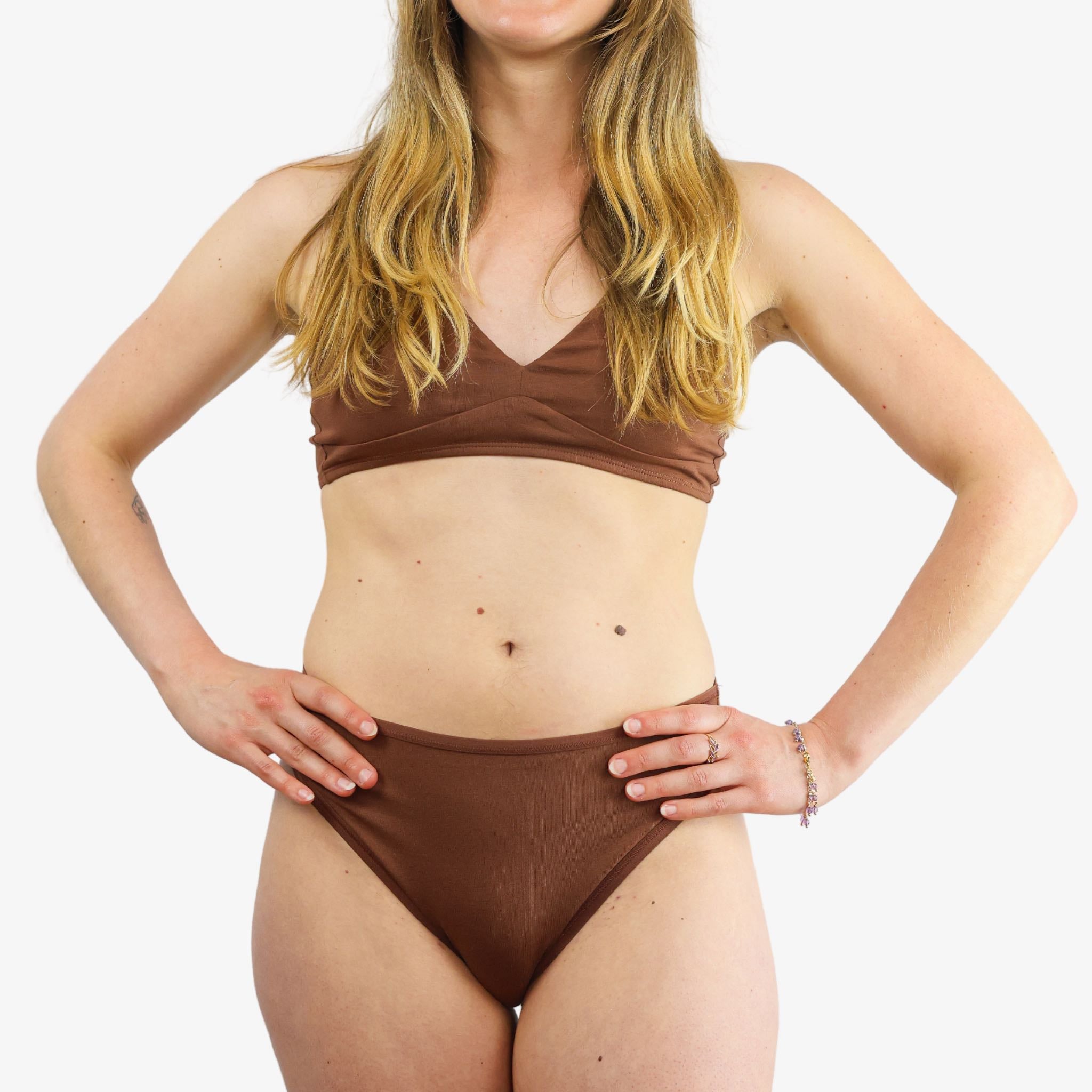
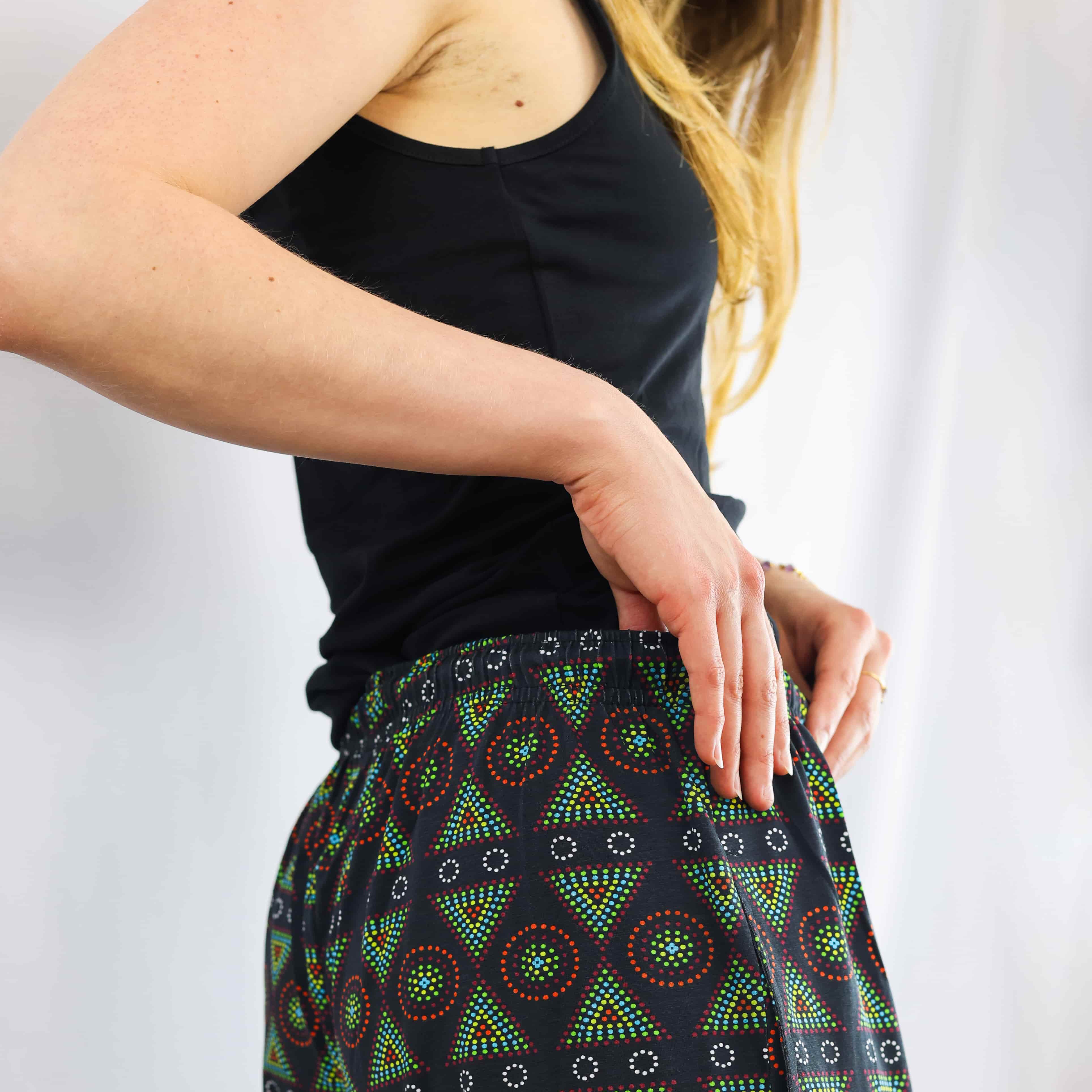
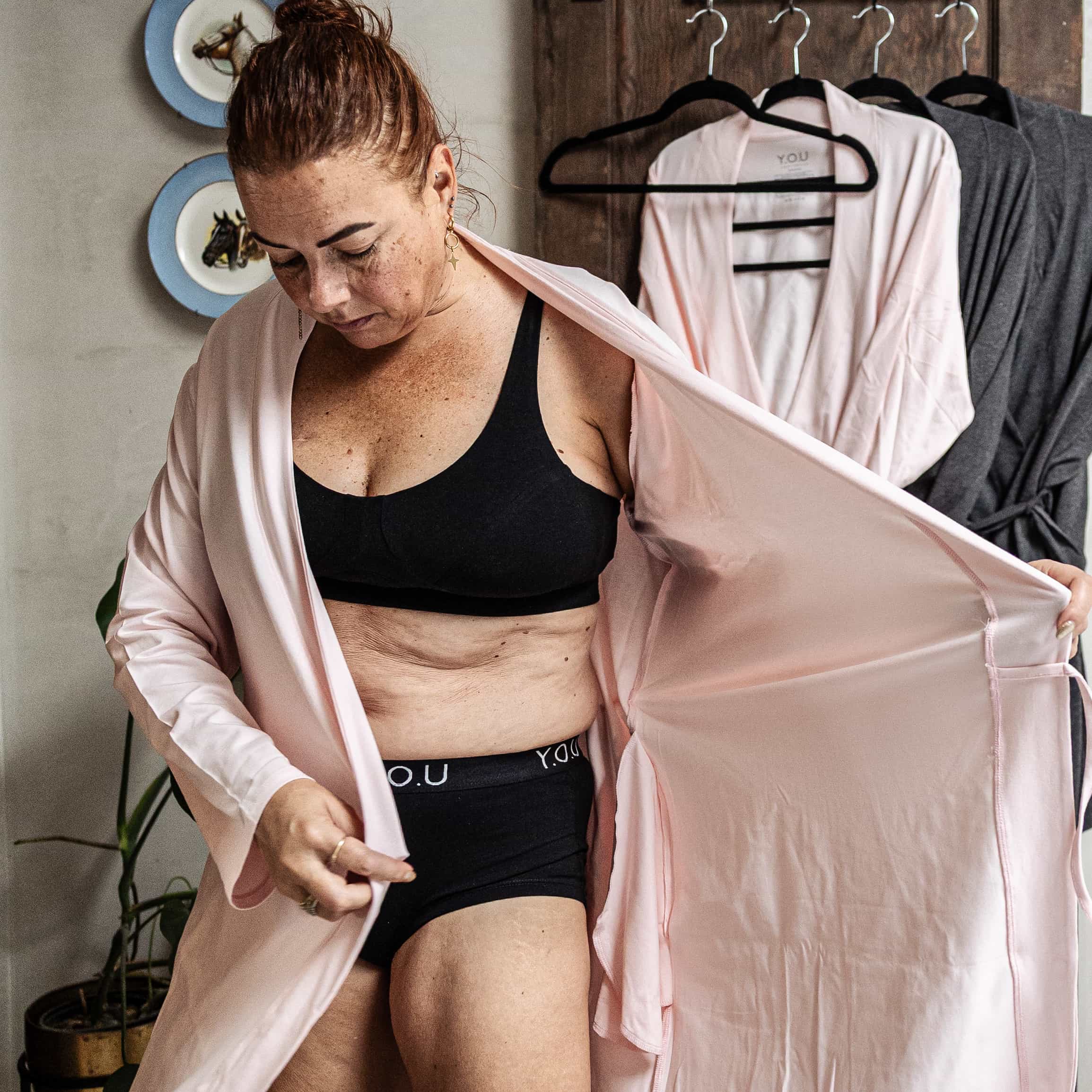
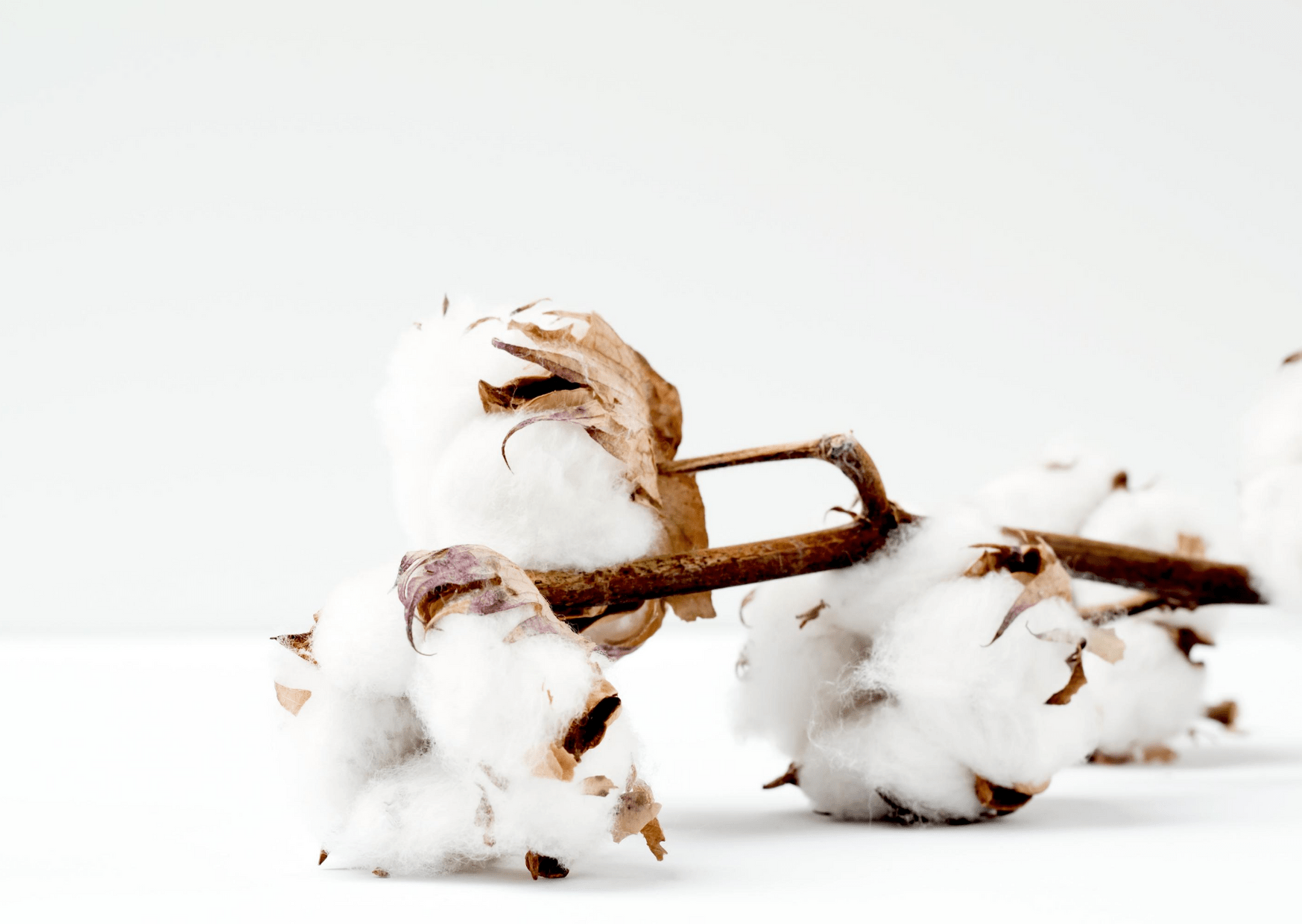
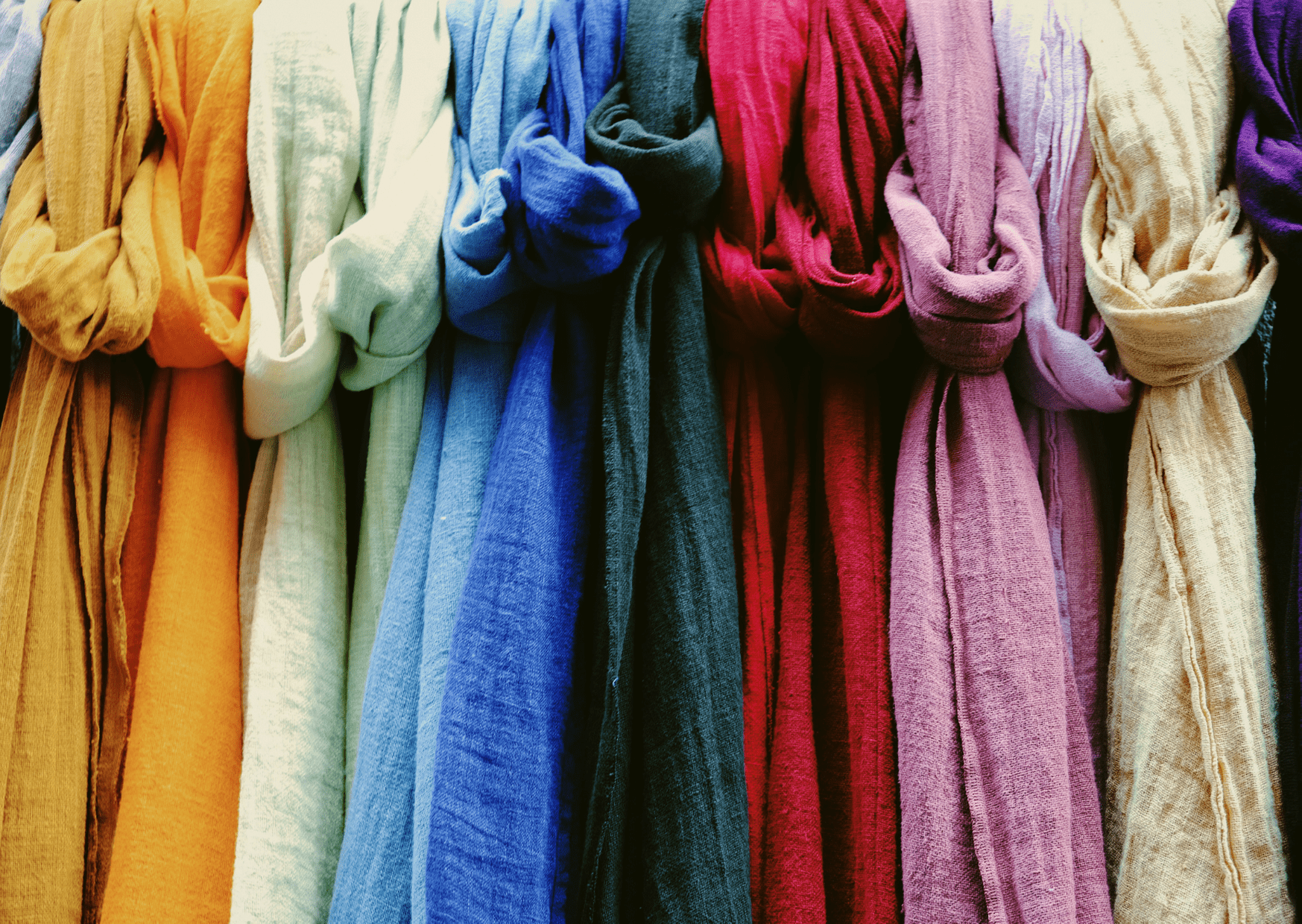
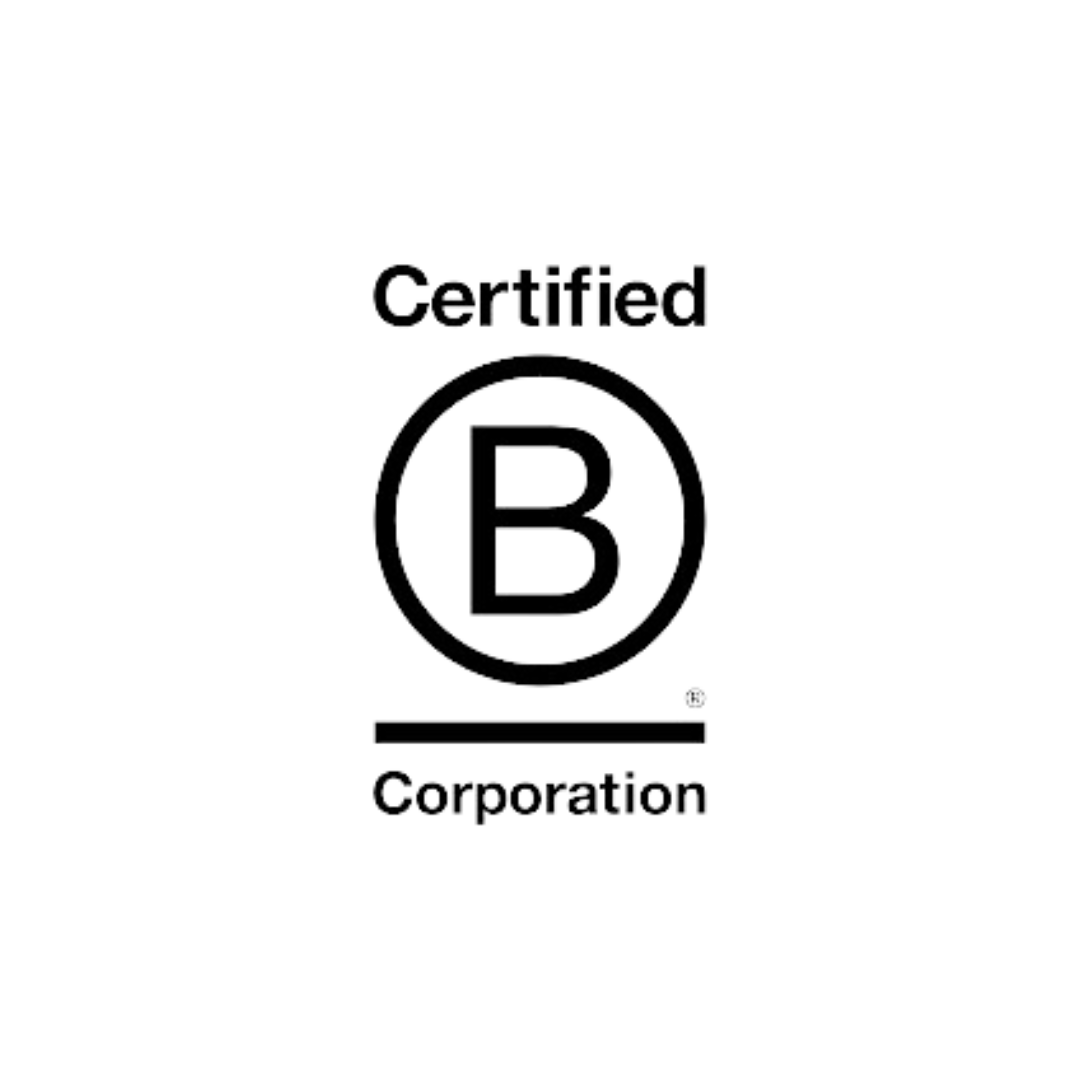
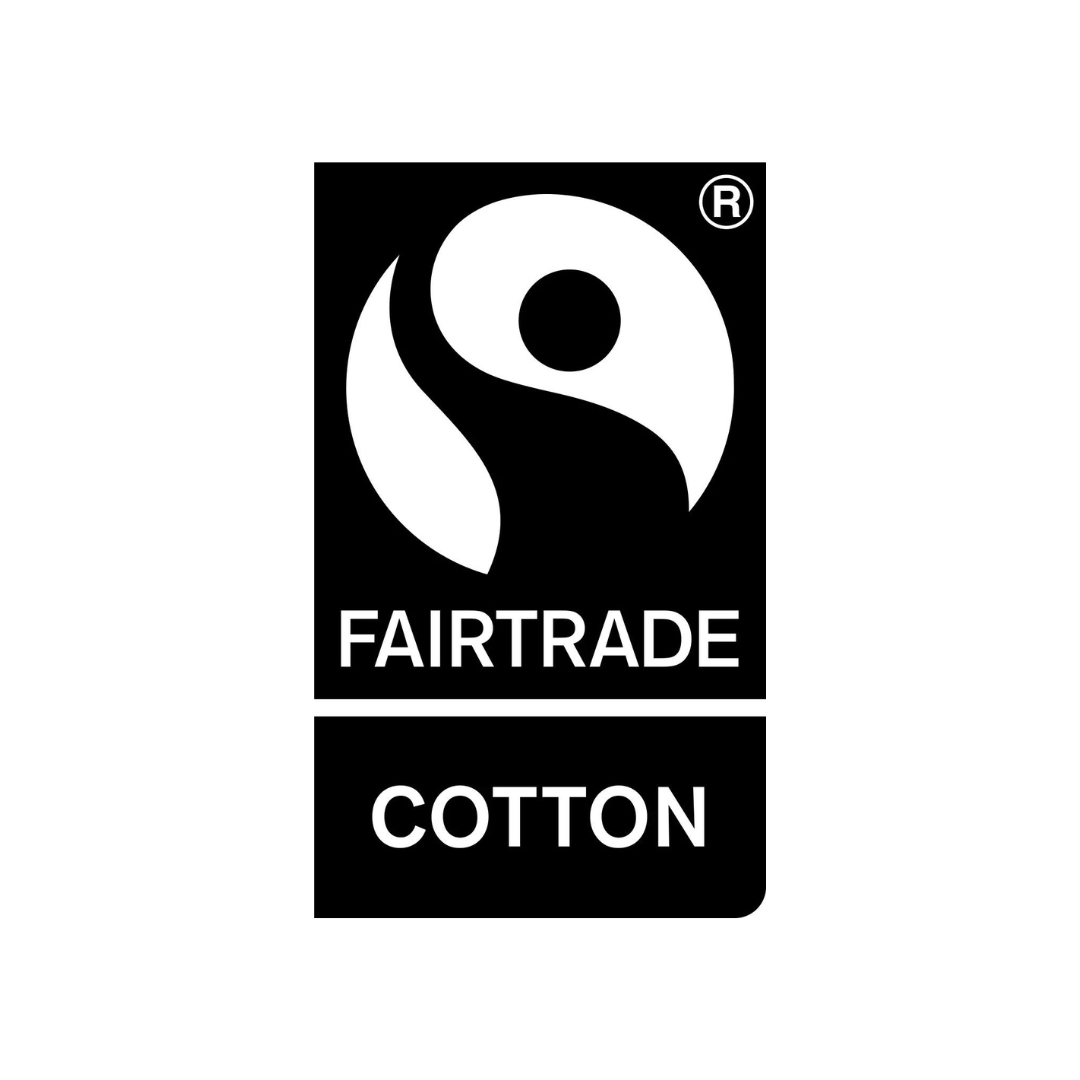
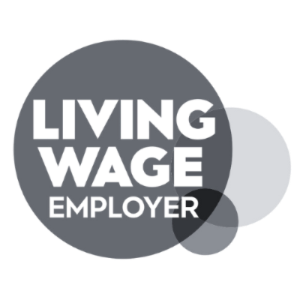



Leave a comment
This site is protected by hCaptcha and the hCaptcha Privacy Policy and Terms of Service apply.